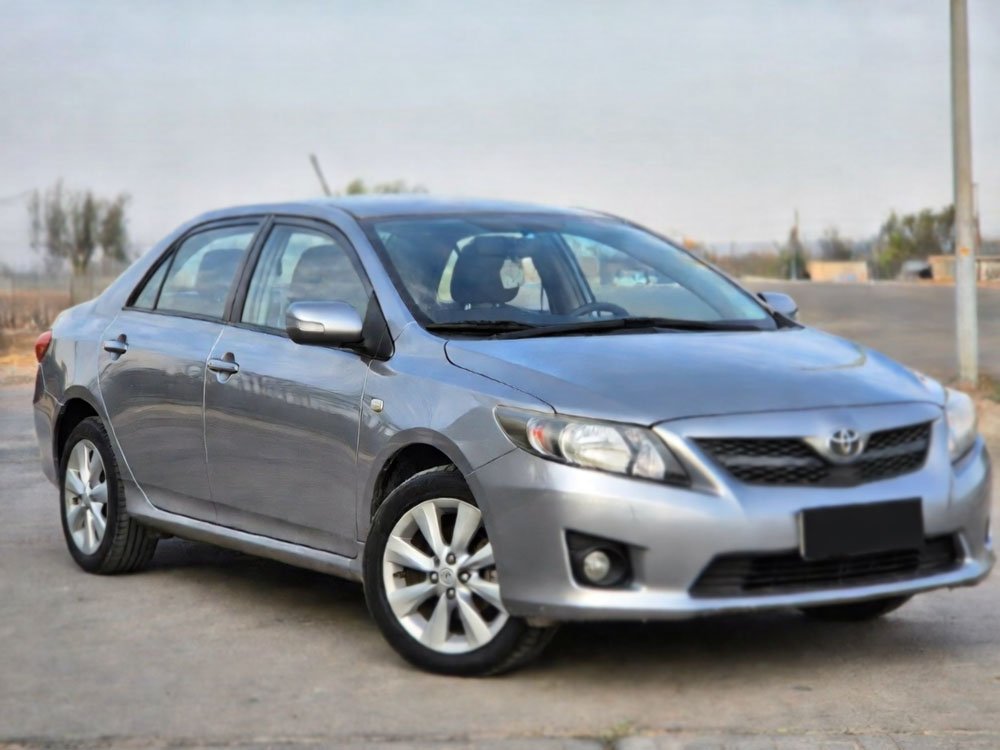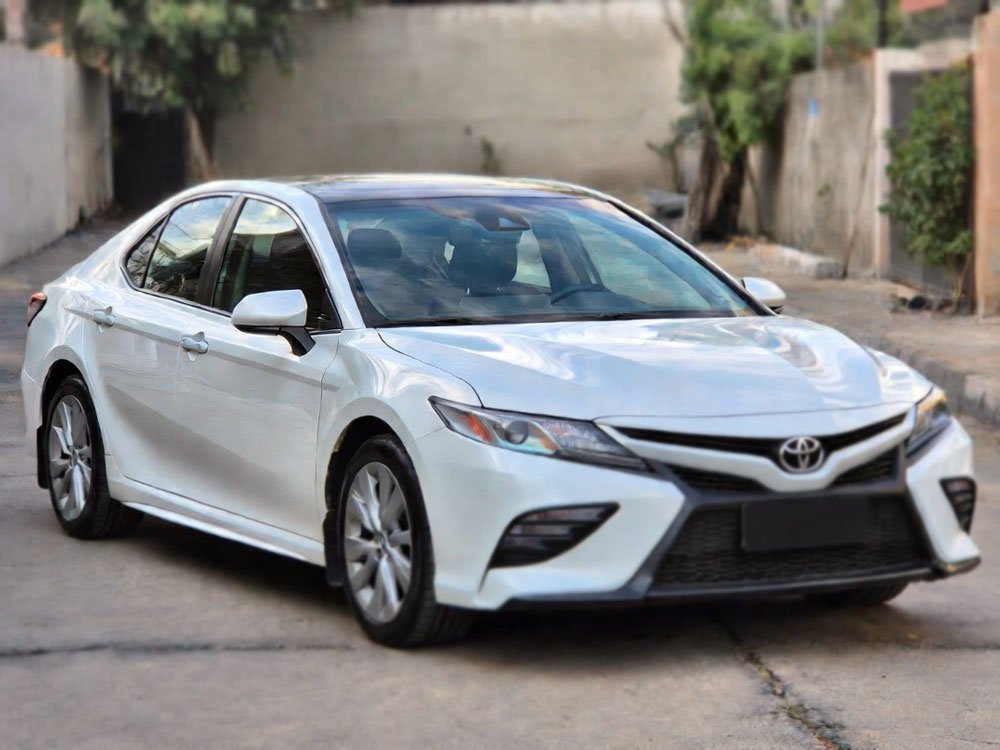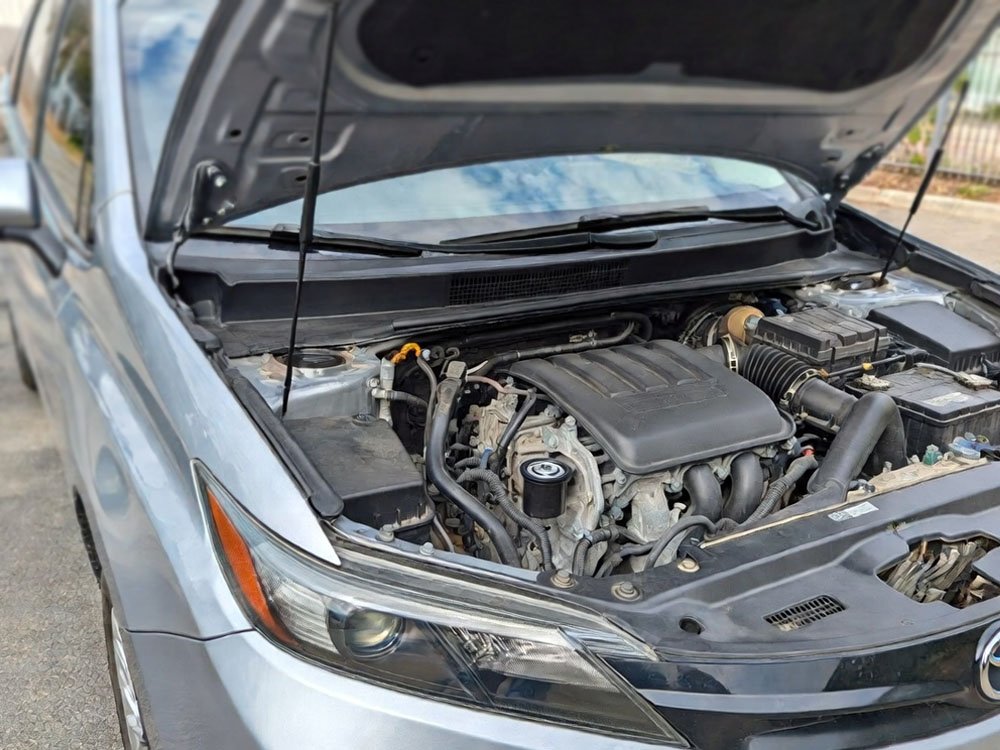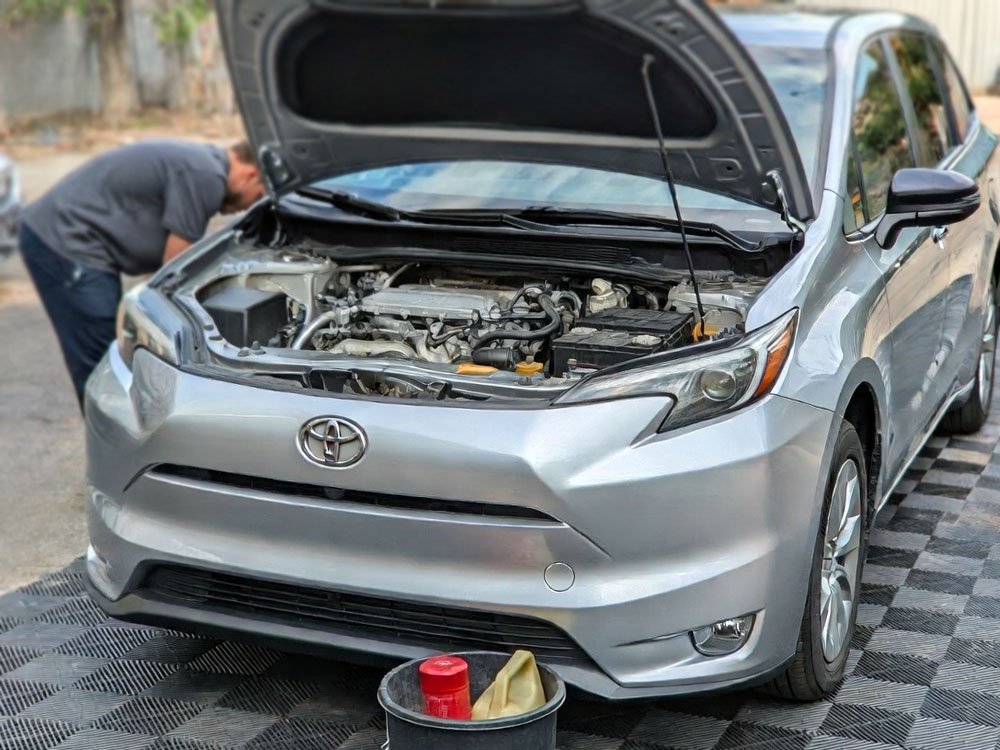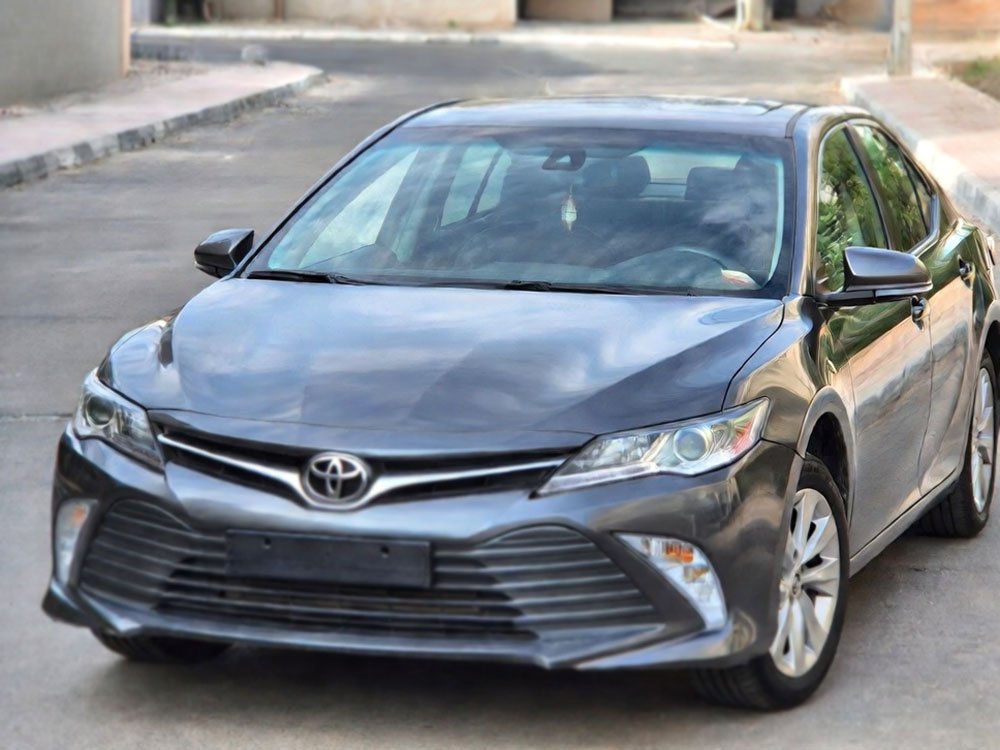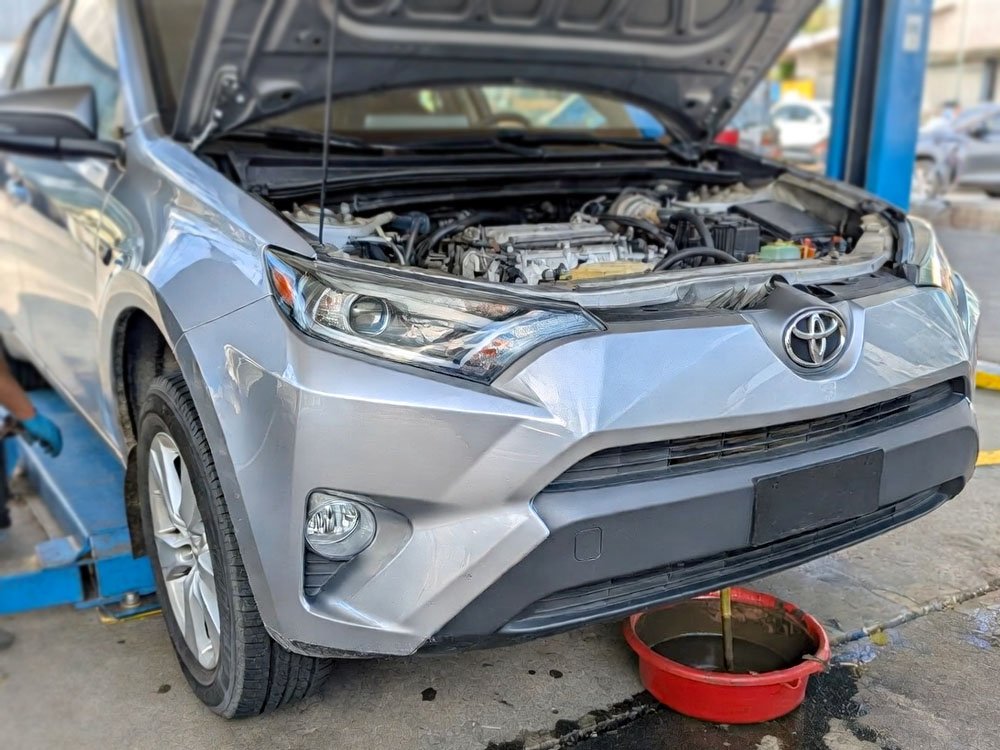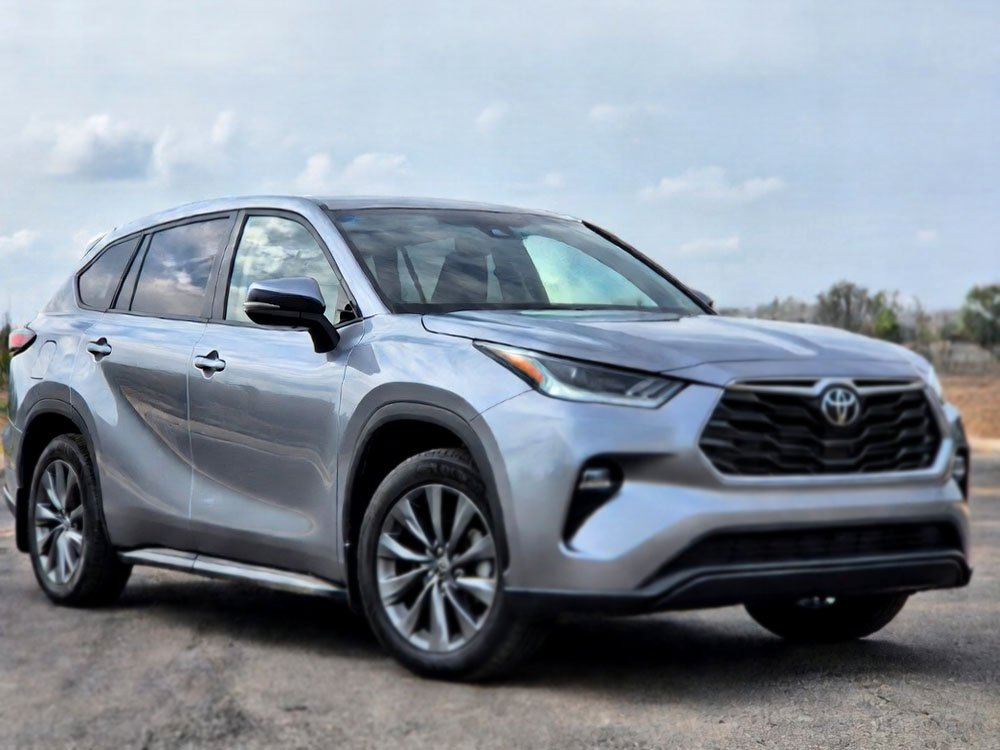As an Amazon Associate, I earn from qualifying purchases at no extra cost to you.
Car Died While Driving? Cranks But Won’t Start? Discover Expert Solutions Now!
If your car died while driving, cranks but won’t start, it may be due to several possible issues such as a faulty fuel pump, a bad ignition coil, or a clogged fuel filter. It's crucial to check for any error codes using a diagnostic scanner and examine the fuel system, ignition system, and engine compression.
Additionally, ensure that the battery and alternator are in good working condition as they can also cause starting issues. If all seems well, it's best to consult a professional mechanic for further inspection and proper diagnosis to resolve the problem effectively.
Keep in mind that addressing the issue promptly can prevent further damage and inconvenience.
Common Reasons For A Car Dying While Driving
A car stalling while driving and not starting again can be caused by various factors. These can range from issues with the fuel system, such as a faulty fuel pump or clogged fuel filter, to problems with the ignition system, like a malfunctioning ignition coil or spark plugs.
Electrical issues, such as a dead battery or a faulty alternator, can also lead to a car dying while driving. Additionally, a faulty crankshaft position sensor or a malfunctioning engine control module (ECM) can cause a car to crank but not start.
Common reasons for a car dying while driving can be attributed to various issues related to the fuel system, electrical problems, and engine overheating. These factors can be incredibly frustrating and may leave you feeling stranded on the road. In this section, we will explore the specific issues related to car dying while driving and delve into the common reasons behind these occurrences.Fuel System Issues
The fuel system is critical for the proper functioning of a vehicle. Issues in the fuel system can lead to a sudden shutdown while driving. Some common problems include a clogged fuel filter, faulty fuel pump, or injector issues. These can disrupt the flow of fuel to the engine, resulting in a car that cranks but won’t start.Electrical Problems
Electrical issues such as a failing ignition system, bad spark plugs, or wiring problems can also contribute to a sudden car shutdown. When the electrical components fail, the engine may cease to operate properly, leading to the car dying while driving. It is crucial to address any electrical malfunctions to prevent future incidents.Engine Overheating
Engine overheating can cause a car to shut down while driving, especially in extreme weather conditions or due to a malfunctioning cooling system. When the engine reaches an excessively high temperature, it may trigger the vehicle’s safety mechanisms to halt operation, leaving you stranded. Regular maintenance of the cooling system is vital to prevent this from happening.Understanding these common causes for a car dying while driving can help you anticipate and address potential issues before they escalate. In the following sections, we will discuss in detail how to troubleshoot and resolve these problems effectively.
Credit: www.facebook.com
Troubleshooting Steps For A Car That Cranks But Won’t Start
Troubleshooting Steps for a Car That Cranks But Won’t Start require a systematic approach to identify and resolve the issue. When your car dies while driving and then cranks but won’t start, it can be frustrating and concerning. However, following these steps can help you diagnose the problem and get your car running again.
Check Fuel Supply
The first step in troubleshooting a car that cranks but won’t start is to check the fuel supply. Ensure that the fuel tank is not empty and that the fuel pump is working properly. You can do this by listening for a humming noise when you turn the ignition to the “ON” position. If you don’t hear the noise, it could indicate an issue with the fuel pump.
Test Spark Plugs And Ignition System
After confirming the fuel supply, it’s important to test the spark plugs and ignition system. Faulty spark plugs or a malfunctioning ignition system can prevent the engine from starting. Remove a spark plug and check for signs of wear or damage. Additionally, you can use a spark plug tester to determine if the spark plugs are generating a spark when the engine is cranked.
Inspect Battery And Starter
Another crucial area to inspect when troubleshooting a car that cranks but won’t start is the battery and starter. Make sure that the battery terminals are clean and securely connected. Test the battery to ensure it has sufficient charge, and if necessary, recharge or replace the battery. Additionally, check the starter for any signs of malfunction or failure.
Expert Solutions To Get Your Car Running Again
Get your car back on the road with expert solutions for a car that unexpectedly cranks but won’t start while you’re driving. Trust professionals to diagnose and fix the issue quickly and effectively.
Expert Solutions to Get Your Car Running AgainWhen your car dies while driving and cranks but won’t start, it can be a frustrating situation. However, there are expert solutions to address the issue and get your car back on the road. Let’s explore three common problems and their solutions below.Replacing Fuel PumpTo replace the fuel pump, first, ensure the car is on a flat surface. Detach the negative battery cable, relieve the fuel pressure, disconnect the electrical connectors and fuel lines, then remove the old pump and install the new one. Reconnect everything and start the car to test the repair.Repairing Ignition SystemFor repairing the ignition system, begin by checking the spark plugs and ignition coil for any signs of damage. Replace any faulty components, ensure proper connection, and test the ignition system by starting the car. If the issue persists, consult a mechanic for further diagnosis.Addressing Cooling System ProblemsTo address cooling system problems, start by checking the coolant level and radiator for leaks. If there are issues, repair or replace damaged components. Ensure the water pump is functioning correctly, and the thermostat is not stuck. Regularly monitor the cooling system to prevent future problems.By following these expert solutions and addressing the specific issues with the fuel pump, ignition system, and cooling system, you can troubleshoot why your car died while driving and get it running smoothly again.Credit: wranglertjforum.com
Preventive Maintenance Tips To Avoid Future Issues
Regularly checking fuel filters, maintaining battery health, and monitoring engine temperature are essential preventive maintenance steps to avoid future issues with your car. By incorporating these practices into your routine, you can ensure the smooth and reliable performance of your vehicle. Let’s delve into each of these tips in more detail:
Regularly Check Fuel Filters
One of the crucial components that can cause your car to die while driving and not start is a clogged fuel filter. Fuel filters prevent debris and impurities from entering the engine and affecting its performance. To prevent such issues, it is vital to regularly check and replace the fuel filters. Here are some steps to follow:
- Locate the fuel filter in your car. The exact location may vary depending on the make and model of your vehicle, so refer to your owner’s manual.
- Using safety precautions, such as wearing gloves and safety glasses, disconnect the negative terminal of the battery to avoid any accidental sparks.
- Find the fuel filter and carefully remove the retaining clips or bolts that secure it in place.
- Replace the old fuel filter with a new one, ensuring the correct orientation and positioning.
- Secure the new fuel filter with the retaining clips or bolts.
- Reconnect the negative terminal of the battery.
Maintain Battery Health
A weak or dead battery can also result in your car cranking but not starting. To avoid this problem, prioritizing the maintenance of your car’s battery is essential. Here are a few steps to help you maintain battery health:
- Regularly clean the battery terminals and cable connections to remove any corrosion buildup. Make sure the battery is disconnected before cleaning.
- Keep an eye on the battery’s fluid level and top it up with distilled water if necessary. Be cautious not to overfill.
- Check the battery’s voltage periodically using a voltmeter. If the voltage drops below the recommended level, consider replacing the battery.
- Ensure the battery is securely fastened in its holder and that there are no loose connections.
- If your car will be sitting idle for an extended period, consider using a battery maintainer or trickle charger to keep the battery charged.
Monitor Engine Temperature
A car’s engine temperature plays a crucial role in its overall performance. If your engine overheats, it can lead to severe damage and cause the vehicle to stall. To prevent this, here are some tips to help you monitor and maintain the engine temperature:
- Regularly inspect the engine cooling system, including hoses, radiator, and coolant levels. Look for any signs of leaks or damage.
- Check the thermostat regularly to ensure it is functioning correctly. A faulty thermostat can cause the engine to overheat.
- Monitor your car’s temperature gauge while driving. If it consistently indicates high temperatures, it may be a sign of an underlying issue that needs to be addressed by a professional mechanic.
- Make sure the radiator fan is working correctly by observing its operation when the engine reaches operating temperature.
- If your engine does overheat, pull over immediately and allow it to cool down before attempting to drive again.
By regularly checking fuel filters, maintaining battery health, and monitoring engine temperature, you can prevent potential issues that may lead to your car dying while driving and not starting. Incorporate these preventive maintenance tips into your routine to keep your vehicle running smoothly and avoid unexpected breakdowns.
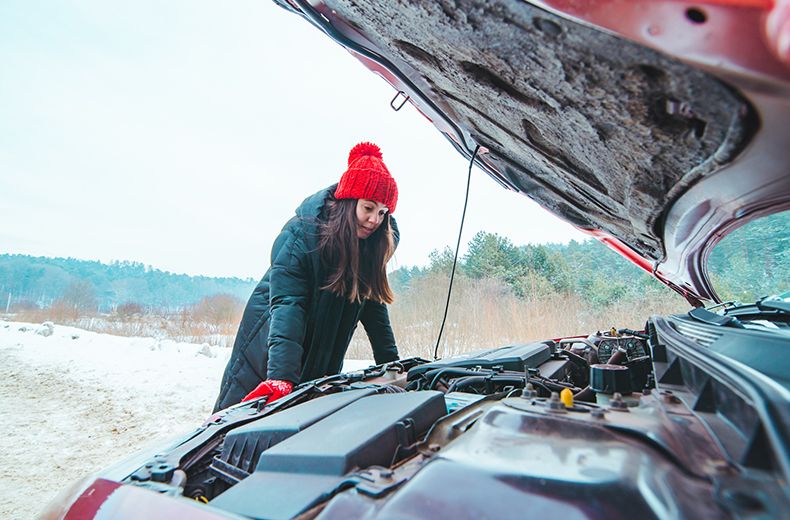
Credit: www.rac.co.uk
Conclusion
Faced with a car that cranks but won’t start, it can be frustrating. Remember to check the fuel system, spark plugs, and battery first. If the issue persists, seek professional help to diagnose the problem accurately. Stay proactive and maintain your vehicle regularly to prevent future breakdowns.
Drive safe!





